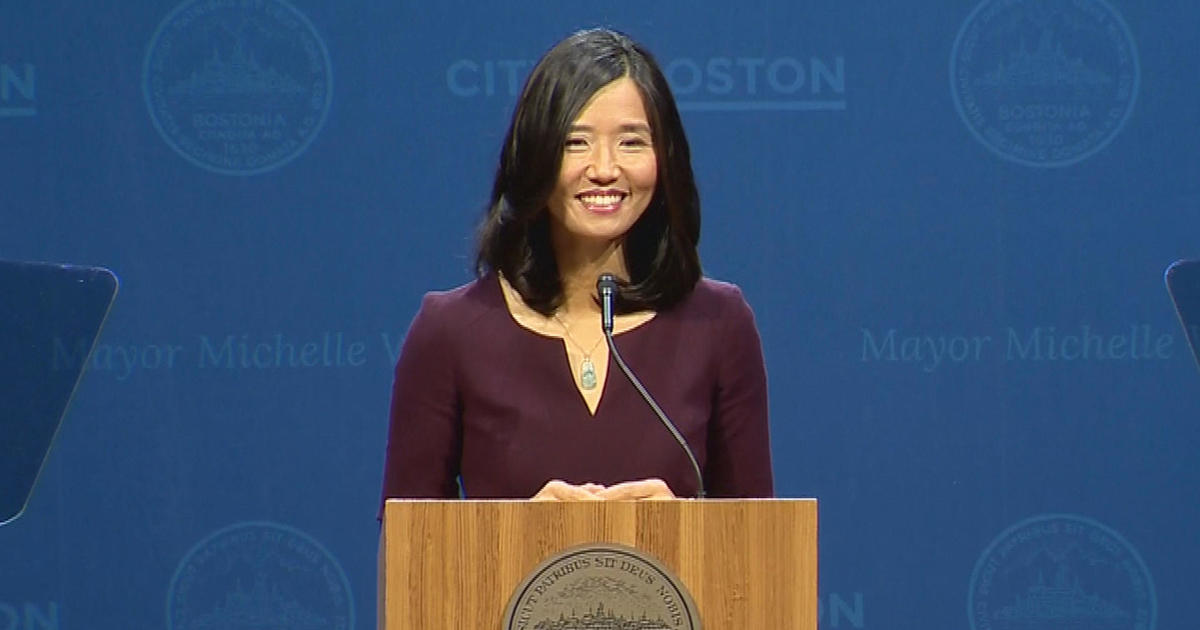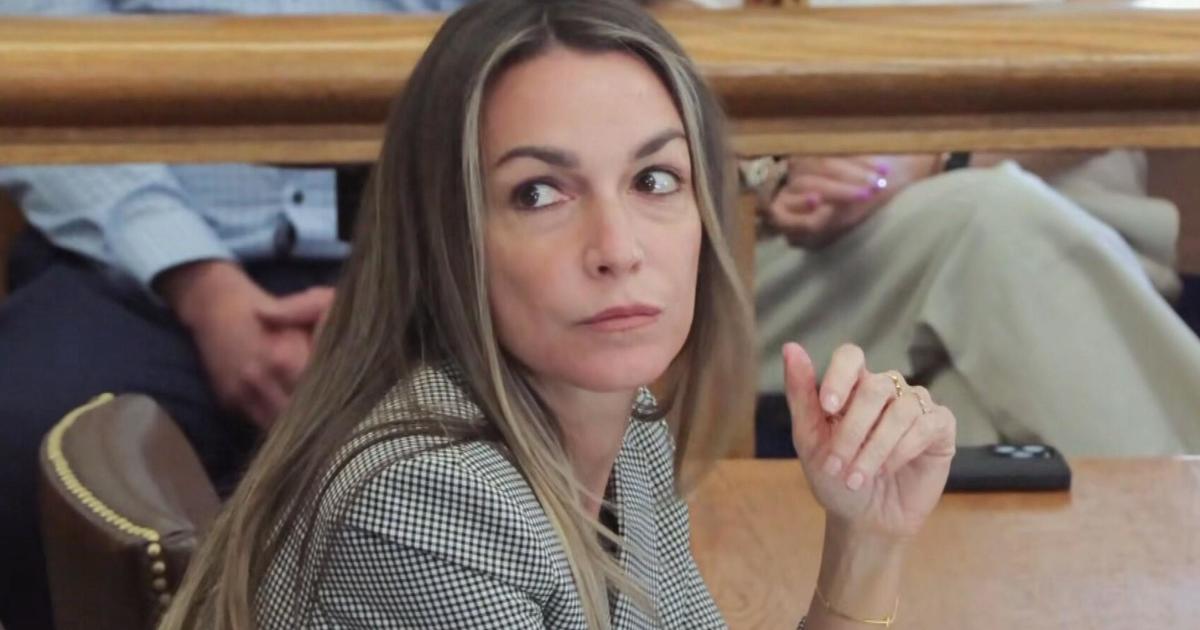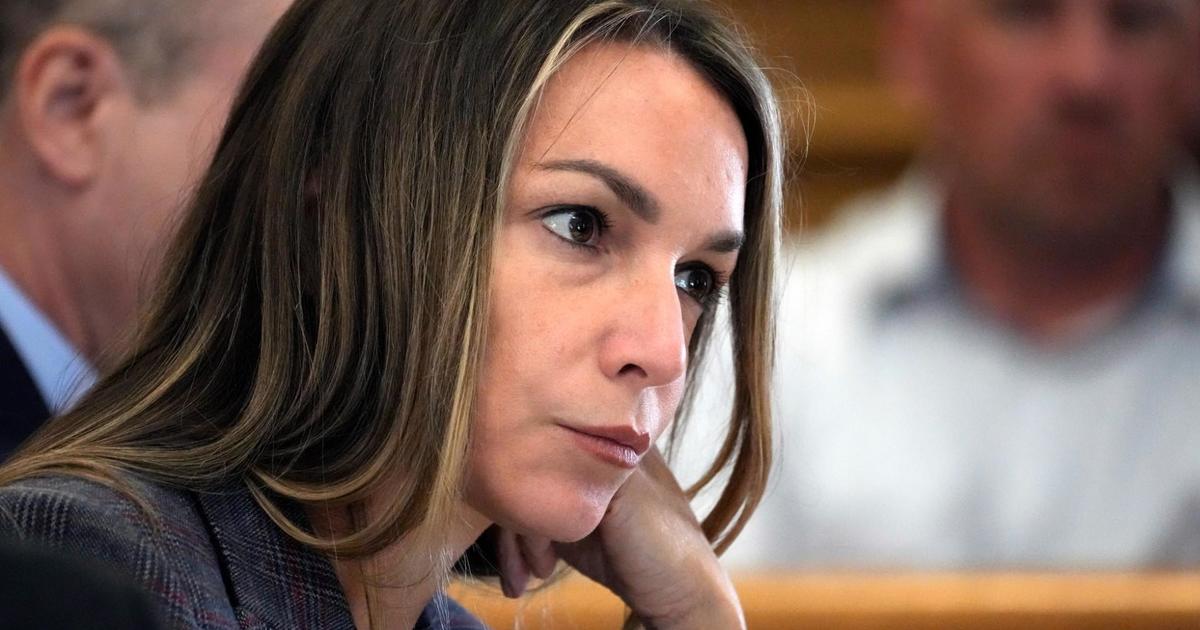Seasonal Affective Disorder: Does It Really Exist?
BOSTON (CBS) - Many people think they suffer from Seasonal Affective Disorder or SAD, but some experts say that SAD should not be considered a separate psychiatric illness and does not affect the vast majority of Americans. As Dr. Mallika Marshall explains, a certain subset of the general population is most at risk.
A change in season can cause a drastic change in mood for Joel Remmer of Boston.
"I don't want to get out of bed," says Joel. "I don't want to talk to anyone. I don't want to eat. Just leave me alone."
Tufts Medical Center psychiatrist Nassir Ghaemi has been treating Joel for bipolar depression for more than 20 years. He says seasonal affective disorder is not a separate illness.
"Those people who have repeated depression or bipolar illness tend to have their depressive episodes more in the fall and winter and tend to have their manic and hypomanic episodes more in the spring and summer," Dr. Ghaemi explains.
It's not the weather that affects our mood. What matters is our light exposure, and we don't get a lot of it in the fall and winter. That means for most people with seasonal symptoms, the summer brings more light and therefore more happiness.
Not for Joel.
"I don't like summer," says Joel. "I don't like humidity. I don't like heat… It is also seeing other people engaged in activities that are pleasurable. I guess I was never much of a beach person."
Dr. Ghaemi says people who don't have mood disorders, the change of seasons has little impact on our emotions.
"I think most Americans don't have any clinically meaningful changes in their moods based on seasonality," Dr. Ghaemi explains.
And while most of us are looking ahead to summer, Joel says he looking forward to winter.
"Summer? Eh," says Joel. "Take a walk on the Esplanade? Why bother?"
People who do tend to be more sensitive to light can change their exposure by opening or closing window curtains, wearing sunglasses or using a light box.
And as we spring forward and set our clocks ahead one hour for daylight savings, Dr. Ghaemi says that can trigger more manic symptoms in people who suffer from bipolar disorder.



